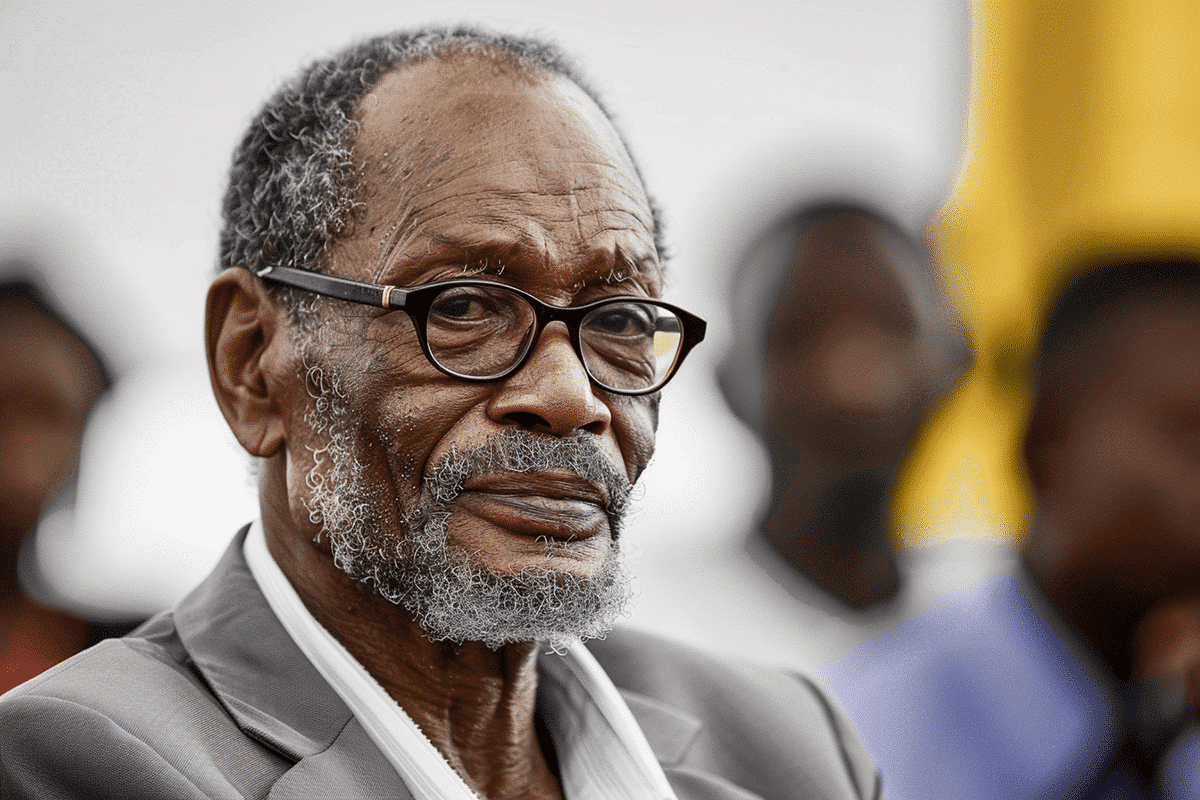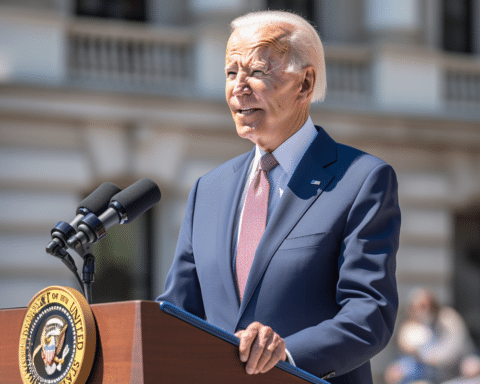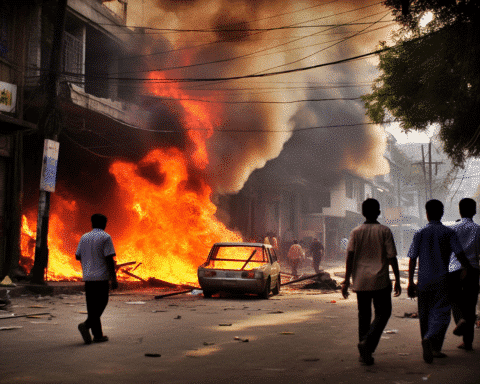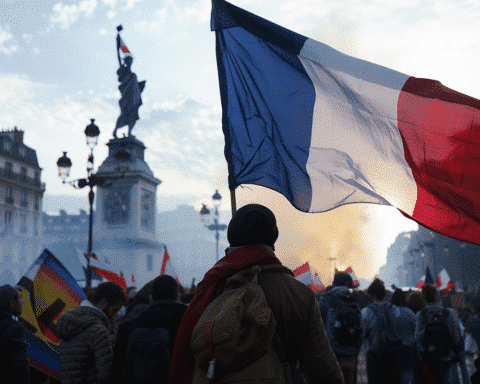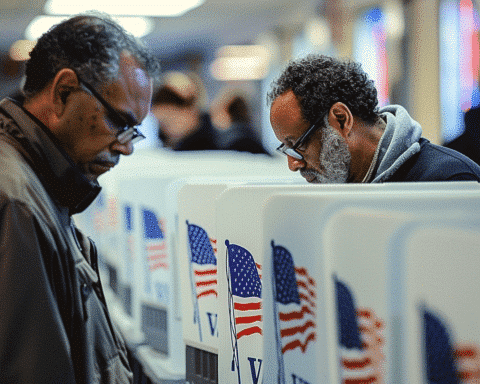Haitian Prime Minister Ariel Henry is currently facing immense pressure to resign as he remains stranded in Puerto Rico, unable to return to his country. The situation in Haiti has escalated dramatically, with gang attacks shutting down the main international airport and releasing over 4,000 inmates in recent days.
Ariel Henry, a 74-year-old neurosurgeon trained in southern France, transitioned to Haitian politics in the early 2000s. Initially part of a movement opposing President Jean-Bertrand Aristide, he later joined a U.S.-backed council that selected the transitional government after Aristide’s ousting. Henry subsequently served in several government roles, including director-general of Haiti’s Ministry of Health and minister of the interior and territorial communities.
Henry’s tenure as prime minister began in July 2021, following the assassination of President Jovenel Moïse. However, his appointment was met with criticism and calls for resignation due to the lack of elections and a popular mandate. Despite these challenges, Henry has repeatedly emphasized his commitment to unity and dialogue and has taken steps to organize elections, appointing a transition council for that purpose.
The political crisis in Haiti has been exacerbated by the delay in holding elections, which are essential for establishing a legitimate government. Gang-related violence and kidnappings have surged across the country, with over 8,400 people reported killed, injured, or kidnapped last year alone.
Henry’s recent absence from Haiti, including his trip to a summit in Guyana and a visit to Kenya, has further complicated the situation. While in Guyana, he reportedly promised Caribbean leaders that elections would be held in mid-2025. However, coordinated gang attacks began in Haiti shortly after, leading to speculation about the timing and motives behind the attacks.
The prime minister’s unexpected landing in Puerto Rico, after being barred from landing in the Dominican Republic, has raised questions about his ability to govern effectively and his plans for the future. Caribbean leaders have reportedly presented Henry with options, including resigning, but he has rejected these calls and expressed his intention to return to Haiti.
In response to the escalating crisis, the United Nations Security Council has planned an emergency meeting to discuss Haiti’s situation. The U.S. and its partners have urged Henry to expedite the transition to an empowered and inclusive governance structure, emphasizing the need for stability and security in the country.
As Haiti’s political turmoil continues to unfold, the future remains uncertain. The challenges facing Prime Minister Ariel Henry highlight the complexity of governance in Haiti and the urgent need for a peaceful and sustainable solution to the country’s ongoing crisis.
